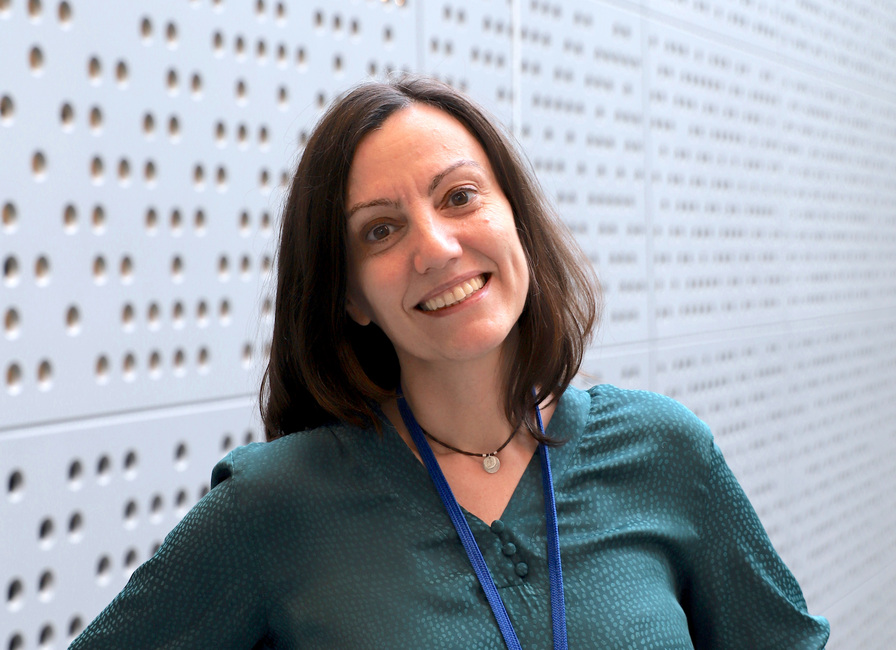Dr. Montse Sanchez-Cespedes receives the award of the Royal National Academy of Pharmacy
The Royal National Academy of Pharmacy has awarded Dr. Sanchez-Cespedes, Principal Investigator of the Cancer Genetics group at the Josep Carreras Leukaemia Research Institute, for her work Precision medicine in immunotherapy and lung cancer.

Dr. Montse Sanchez-Cespedes has been recognized by the Royal National Academy of Pharmacy (RANF) in the 2022 edition of its historic Scientific Competition. Dr. Sanchez-Cespedes has received the prestigious award for her work "Precision medicine in immunotherapy and lung cancer".
The RANF international competition aims to promote researchers’ work in the field of pharmaceutical sciences. The award ceremony was held last January 17 at the RANF headquarters and was chaired by His Excellency Mr. Antonio L. Doadrio Villarejo, President of the Academy, Mr. Jesús Aguilar Santamaría, President of the General Council of Official Associations of Pharmacists and His Excellency Mr. Antonio R. Martínez Fernández, Academic Secretary of the RANF.
Dr. Sanchez-Cespedes leads the Cancer Genetics group at the Josep Carreras Leukaemia Research Institute. Her team studies the molecular pathways that originate and contribute to the development of lung cancer and is particularly interested in searching for new biomarkers to predict the response to new therapies.
Immunotherapy has changed the prognosis of lung cancer, however, currently only 20-30% of patients respond positively to it and there are no good biomarkers to explain the reason.
In the award-winning project "Precision medicine in immunotherapy and lung cancer", Dr. Sanchez-Cespedes describes the studies of her team, who has identified specific genetic alterations that allow the tumor cell to evade the action of the immune system. According to their studies, these alterations could predict the response to immunotherapy normally administered to lung cancer patients.